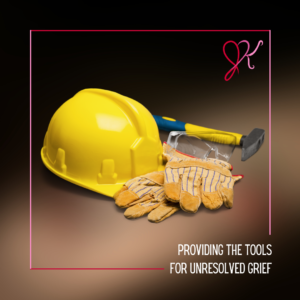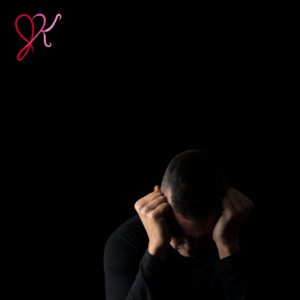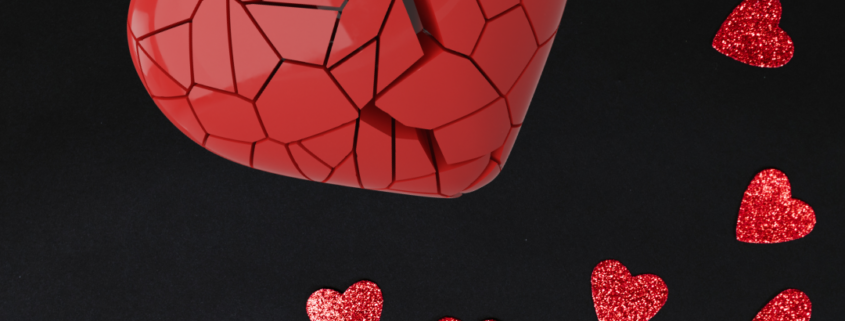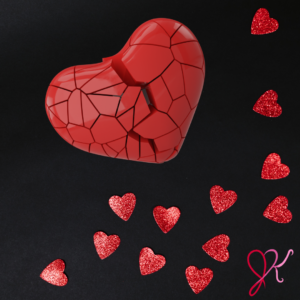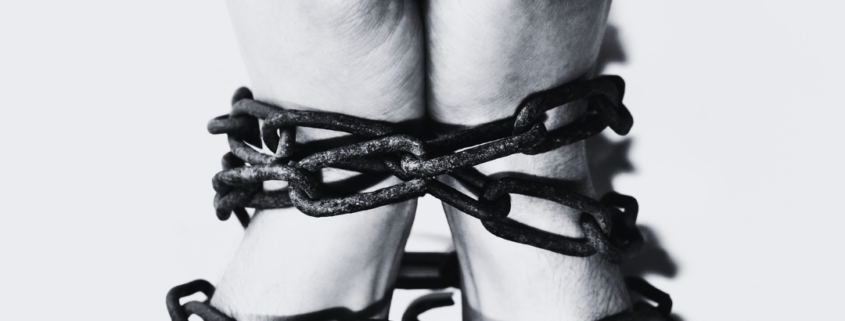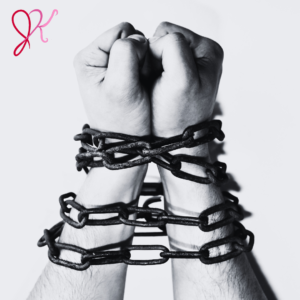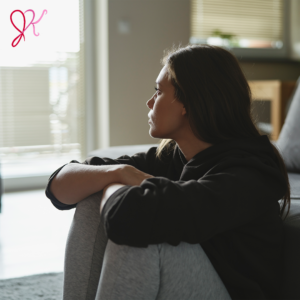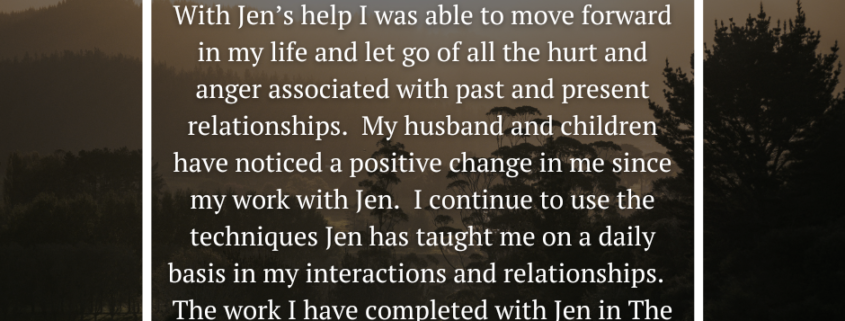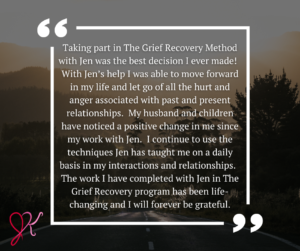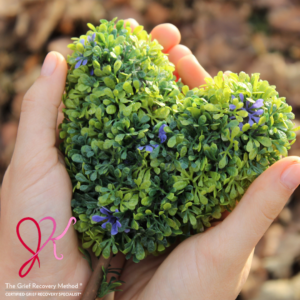Grief Recovery is Ongoing!
Grief Recovery Is an Ongoing Process
Many people think that once they have gone through The Grief Recovery Method, that they will forever stay “recovered.”
That would be wonderful if Grief Recovery was like that and required no further work. Unfortunately, it does not work that way!
When you have taken Grief Recovery action, you have done all that you are able to do at that moment in time. You have followed the necessary steps to deal with all of the things that were “incomplete” for you in that relationship, that you discovered to that point. The reality is that you continue to encounter new things in your life every day. With each day, you may think of other things that you wish might have been different, better, or more in that relationship that will require some additional recovery action on your part.
Taking Grief Recovery Action is akin to taking care of a beautiful garden. Your action plan called for you to figuratively till the “soil” and decide what elements of that relationship you want to save and treasure, and what other things you wanted to “weed out” and let go, so that they did not get in the way of whatever fond memories you have of that relationship. (When it was a difficult or troubling relationship, it is about taking back the power to again experience happiness in your life.) Once completed, you can stand back and enjoy what you have accomplished. Like with a garden, you need to continue to tend to it and pull the occasional weed that pops up! As your life continues, it is important to take additional action to maintain your recovery by dealing with these new incomplete elements that come to mind.
The problem is that once people have taken their first recovery steps, they often forget that this is an ongoing process! They feel such a relief concerning all the action that they initially took, that they fall back on their old habits of “stuffing” any new emotional pain that comes to mind as they continue to find new reminders of things that they wish might have been different, better, or more in that relationship.
These new things that come to mind are not a sign that these recovered grievers did not take “complete” recovery action in the first place! However, it is a sign that new things come to mind that need additional recovery action!
The key to being forever successful in dealing with the emotional pain that any loss might bring into your life is to change the lifelong habit that most people have, of stuffing those painful feelings deep inside, and not dealing with them effectively. Grief Recovery is an ongoing process! Once you have learned how to utilize the tools that The Grief Recovery Method has to offer in dealing with one loss, you can use these same tools on an ongoing basis, not only to continue to stay recovered in that relationship, but in others as well. You no longer need to live under the emotional cloud that comes from having “unfinished business” in any relationship ever again!
Please continue to take the needed steps, on an ongoing basis, so that you can get the most out of every relationship in your life and live with the happiness in your life that everyone deserves!
